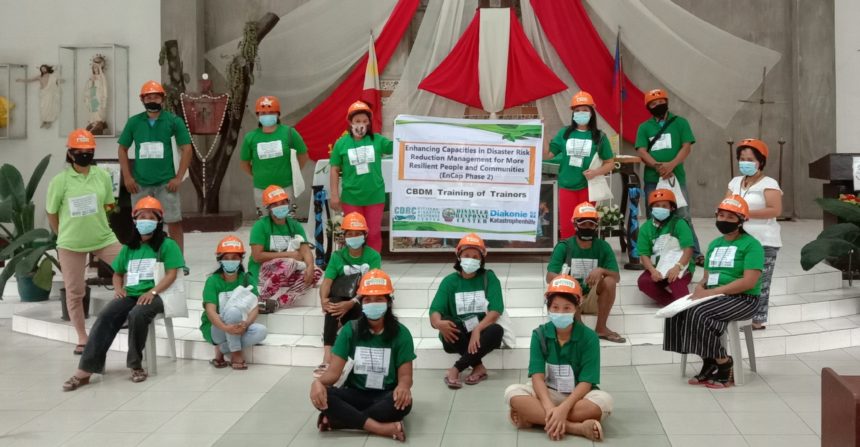Marina Pador, 42, is a widow and a mother to four teenagers. She is a woman farmer, rubber tapper and accepts odds jobs as housecleaner and seasonal farm laborer. Her family lives in a small shanty beside the mountainous portion of Purok Patong, Sitio Balawan, Brgy. Malasila, Makilala, Cotabato.
She is one of the 350 families totally displaced by the series of earthquakes in Mindanao that started on October 16, 2019.
Marina went about her usual routine despite the 6.3 and 6.4 earthquakes and countless aftershocks. Despite her fears, she decided to continue her farming and rubber tapping activities to support her children’s food needs. That was until the October 31 Magnitude 6.5 earthquake which occurred while she was in the middle of the rubber plantation.
As she was tapping the rubber together with her son, she felt the earth’s weak movement followed by the strong seismic waves. She tried to hold on to the rubber tree, but she was thrown sideways from left to right due to the earthquake waves. Her hands were injured and in shock, remained huddled on the ground until her son reached her and calmed her down. She observed a big fission (land crack) nearby and an explosion-like sound of the landslides on the other side of the mountain. She thought it was the end of her. She could not stand for several minutes due to shocks and aftershocks.
When it was already safe to return home, the road already had big cracks and big stones were slowly moving in different directions. She stayed at the rubber plantation for another two hours to observe the surroundings while gathering firewood.
On her way back home, the picture of her confused neighbors moving around without direction aggravated Marina’s anxiety. They heard that three of their neighbors were buried alive in the landslide. She immediately moved to the lower part of the mountain to seek temporary shelter with her brother. Leaving the important and valuable things, she only carried the children and firewood with her.
As she went through the CBDM Sessions conducted by Disaster Relief Center (DIRECT) under the Enhancing Capacities project, she began to clearly understand that disaster preparedness is important not only for her family but also to the whole community.
Because of this, Marina actively participated in data gathering and household surveys needed for the food relief assistance and the cash transfer program extended by DIRECT, CDRC, and Diakonie Katastrophenhilfe. She also mobilized women to participate in DRR activities.
“I am a single-parent. I realized that as a mother, I have an especially important role in disaster preparedness. After the earthquakes, I had to evacuate my family to a temporary shelter. Aside from our difficult situation inside the evacuation center, it is more strenuous for me as a mother because I do not have a stable job. This training has helped me enhance my capacities as a mother and a community member. I now know that disaster preparedness can really help lessen possible negative impacts of hazards to my family and my community.”

